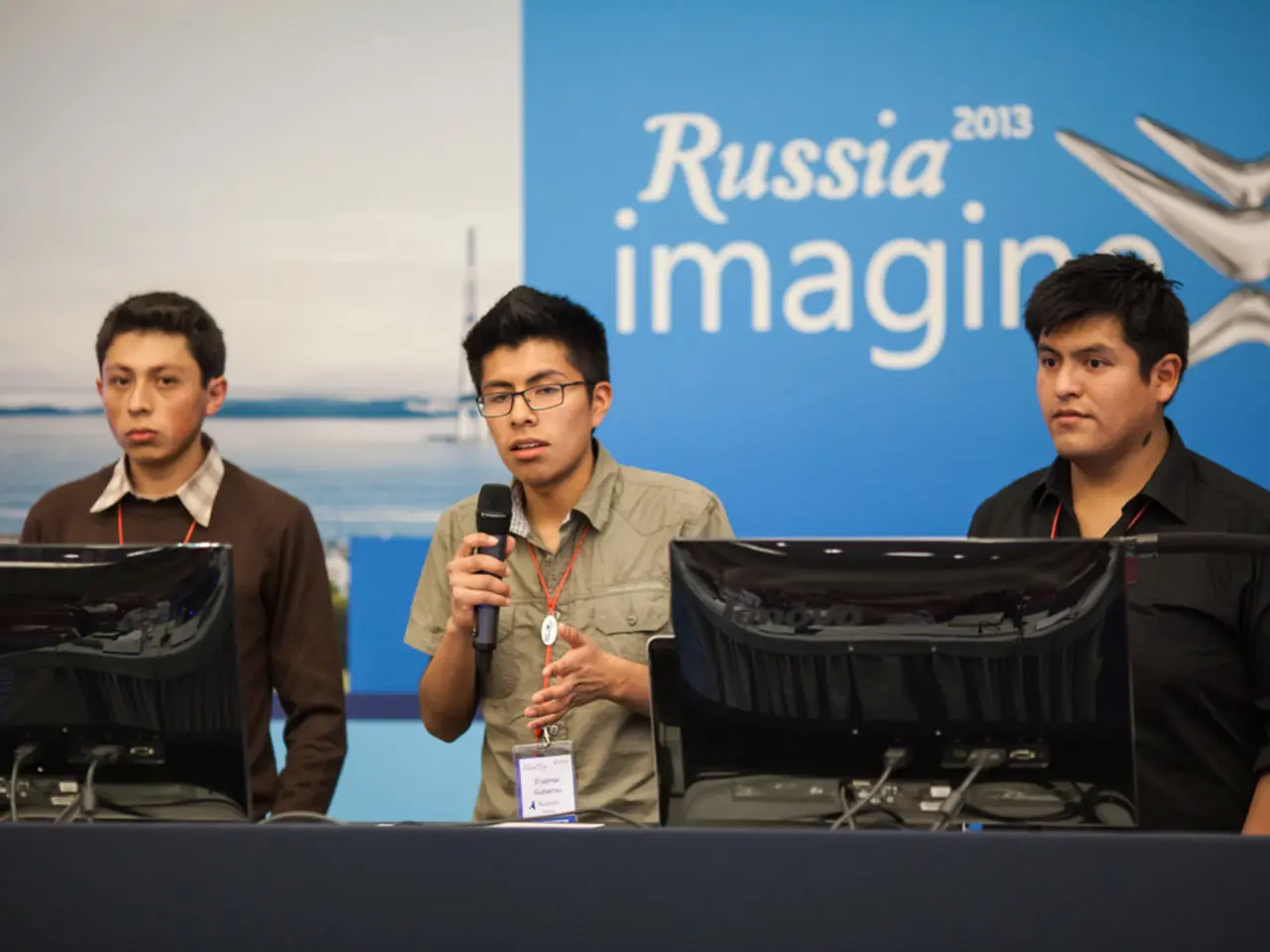United States aims to curtail involvement of China and Russia in automotive supply chains linked via technology
The U.S. Department of Commerce has proposed a ban on certain connected cars with hardware or software linked to China or Russia, aiming to address national security risks in the automotive industry.
Under Secretary of Commerce for Industry and Security Alan Estevez stated that connected cars provide benefits like promoting vehicle safety and assisting drivers with navigation, but also pose new and growing threats. These threats include computer systems that control vehicle movement and collect sensitive driver and passenger data, as well as cameras and sensors that enable automated driving systems and record detailed information about American infrastructure.
The proposed rule would apply to on-road vehicles like cars, trucks, and buses, but exclude those not used on public roads, such as rolling stock on trains or tractors. The rule covers a wide range of components and technologies, including fleet tracking telematics and the software that powers autonomous vehicles.
The agency has honed its rule to focus oversight on two technology categories: hardware and software related to the vehicle connectivity system, and software involved in the automated driving system. The ban on covered software will take effect from model year 2027, while the ban on certain hardware imports and sales will begin from model year 2030 or January 1, 2029, for units without a model year.
The proposal acknowledges that automakers often do not have full visibility into their supply chains. To address this, the rule allows automakers to request exceptions and self-certify their compliance. Automakers will have several years to alter their supply chains to avoid components with significant links to China or Russia.
The new proposal is a result of the Biden administration's investigation into the risks connected car supply chains pose to national security. The U.S. government is expected to urge automakers such as Volkswagen, Renault, Stellantis, Toyota, and Ford to change their supply chains to exclude components with significant ties to China or Russia in the coming years, reflecting a move to reduce dependence on those countries amid geopolitical and trade tensions. Volkswagen and Renault are already facing challenges related to supply chain costs and production due to such policies.
Regulators are seeking comments on the proposed rule over the next month before it is finalized. Industry stakeholders can submit their feedback using the Federal eRulemaking Portal or by emailing [email protected] with "RIN 0694-AJ56" included in the subject line.
The agency clarified that there is a "relatively limited amount" of hardware and software linked to China or Russia in U.S. cars today. The proposal aims to prevent the proliferation of these risks in the U.S. automotive ecosystem before it becomes a significant concern. The Department of Commerce will continue to take a proactive approach to address the national security risk posed by Chinese and Russian suppliers in the connected car industry.
Read also:
- Industrial robots in China are being installed at a faster rate than in both the United States and the European Union, as the global market for these robots faces a downturn.
- Hyundai N affirms transition to hybrid performance-centric models, initiating with Tucson N
- Galvanize Unveils $1.3 Billion Plan to Fund the Energy Sector's Evolution Pathway
- EAFO Research Uncovers Crucial Elements in Electric Vehicle Adoption within the EU







